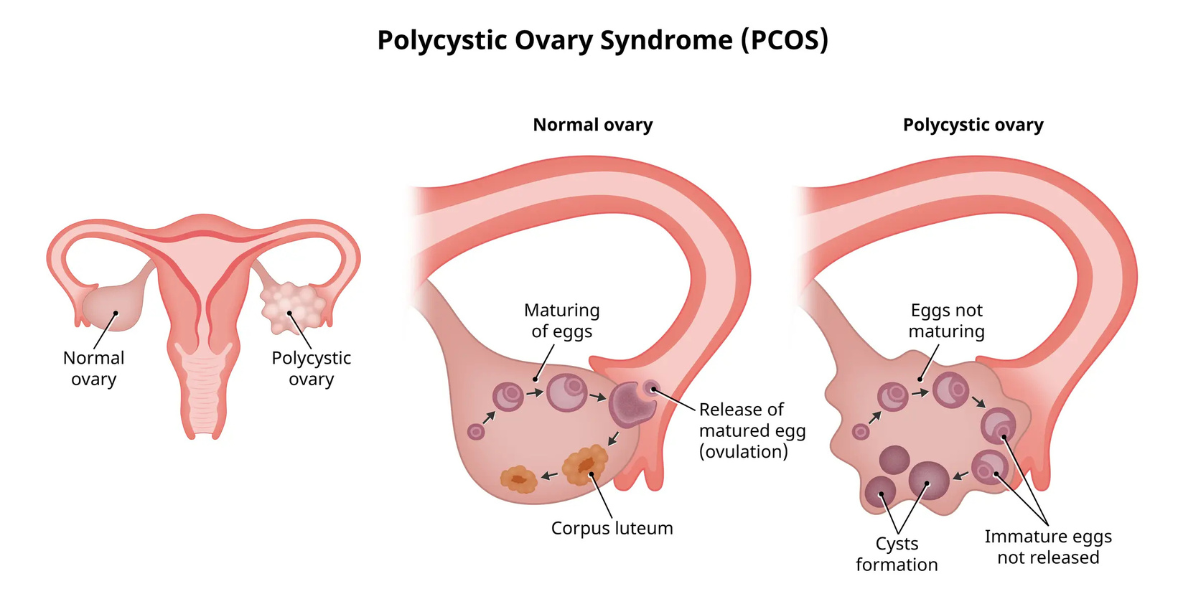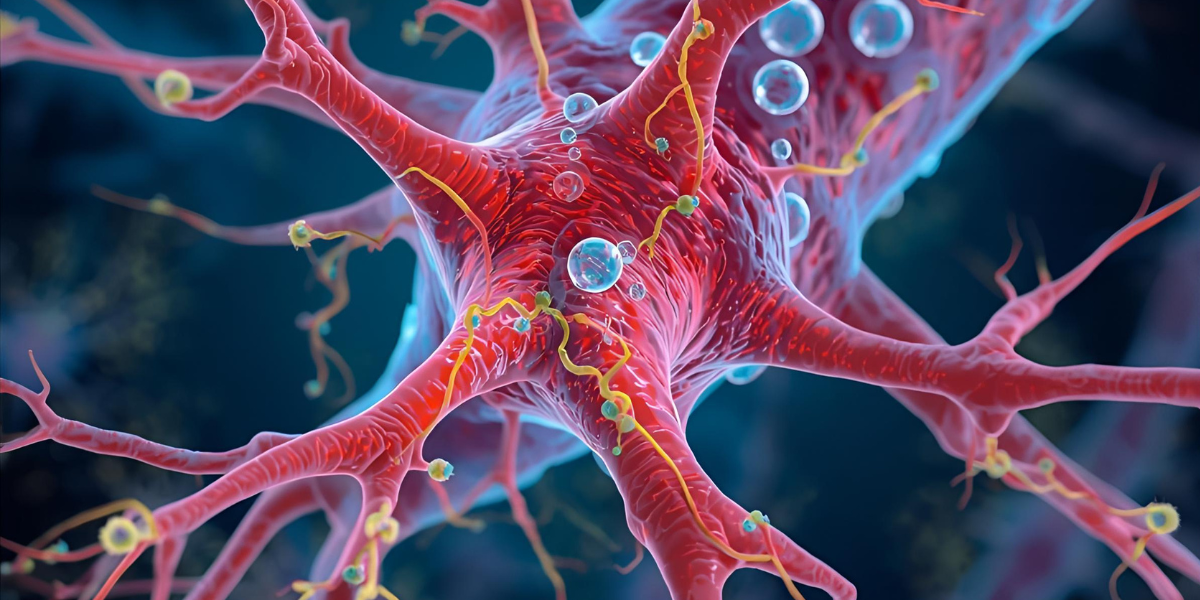
Understanding the impact of oxidative stress on male fertility
What is Oxidative Stress?
Oxidative stress occurs when there is an imbalance between free radicals (unstable molecules) and antioxidants in the body. Free radicals are natural by-products of metabolic processes and can also come from external sources, such as pollution, tobacco smoke and radiation. While some level of free radicals is normal and even necessary for certain bodily functions, excessive levels can cause cellular damage, a process known as oxidative stress.
In men, oxidative stress particularly affects sperm cells, which are highly sensitive due to their limited antioxidant defences. When free radicals outnumber antioxidants, they attack these sperm cells, damaging DNA, reducing motility, and ultimately impairing the ability to fertilize an egg.
How Oxidative Stress Affects Male Fertility
Reasons for oxidative stress in men are various lifestyle and environmental factors like poor diet, smoking, alcohol consumption, obesity, exposure to toxins and stress. One of the most concerning effects of oxidative stress is DNA damage within sperm cells. Sperm exposed to high levels of oxidative stress may also have abnormal shapes (morphology), making it difficult to successfully fertilize an egg. Sperm motility, or the sperm’s ability to swim toward an egg, is important for successful fertilization. It damages the structure of the sperm cell membrane, making it harder for sperm to move efficiently and reaching the egg.
Counteractive Measures
Increasing antioxidant intake through diet neutralises free radicals. Consuming food rich in antioxidants like vitamin C, vitamin E, zinc, selenium, etc can ensure you have plenty of antioxidants in your body. If it seems difficult to have meals that are antioxidant rich, then you can always opt for supplements for additional support. Exposure to toxins mist also be limited hence one must avoid smoking and reduce alcohol intake. Obesity is linked to increased oxidative stress and hormonal imbalances that can impair fertility. Regular exercise and a balanced diet can help reduce body fat and improve antioxidant status, supporting overall reproductive health. Chronic stress contributes to oxidative stress and can disrupt hormones crucial for fertility. Practicing mindfulness can reduce stress levels, helping to lower oxidative stress and improve reproductive health.
Conclusion
Oxidative stress is a key factor impacting male fertility, but the good news is that it’s largely modifiable through lifestyle changes. However, men must take steps to reduce oxidative stress and improve their fertility potential.






